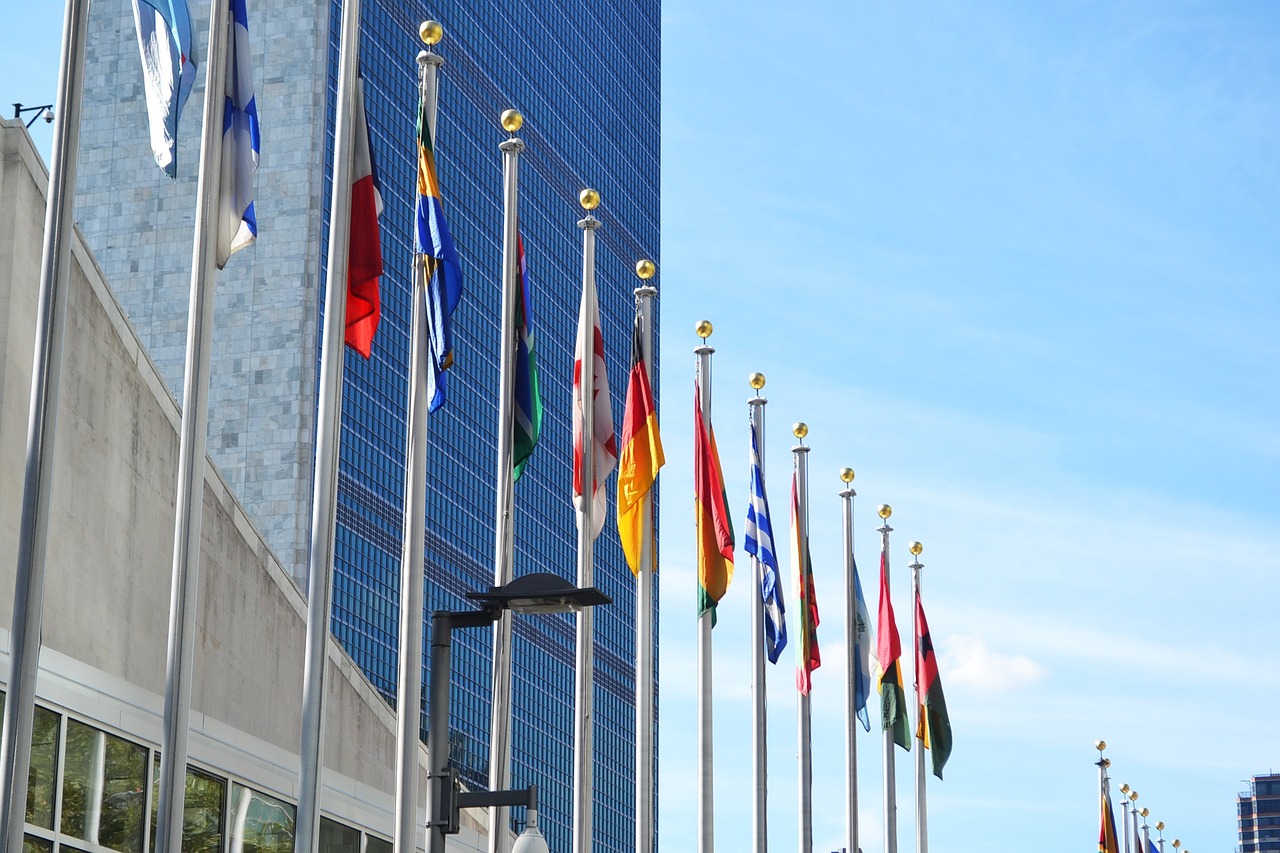
BRICS lawmakers have expressed growing concerns about unilateral sanctions that contradict the principles outlined in the United Nations Charter, Tass reports. This is according to the joint statement adopted at the plenary session of the X BRICS Parliamentary Forum
Unilateral sanctions, imposed by individual countries without broad international support or endorsement from the United Nations, have been a contentious issue in international relations. These sanctions often target specific nations, affecting their economies, political stability, and the well-being of their populations. BRICS countries argue that such measures undermine the sovereignty of states and disrupt the international order established by the UN Charter, which promotes peace, security, and cooperative relations among nations.
The BRICS group has consistently advocated for a multipolar world order where decisions are made collectively rather than unilaterally. By opposing unilateral sanctions, BRICS countries reinforce their support for multilateral diplomacy and the rule of law. They emphasise that any sanctions or punitive measures should be discussed and implemented through the United Nations, ensuring legitimacy and broad-based international consensus.
Recent instances of unilateral sanctions, particularly those imposed by Western countries on nations like Russia and China, have prompted BRICS to voice their concerns more vocally. These sanctions have not only strained bilateral relations but also impacted global trade and economic stability. For instance, sanctions on Russia have led to disruptions in energy markets, affecting countries dependent on Russian oil and gas.

